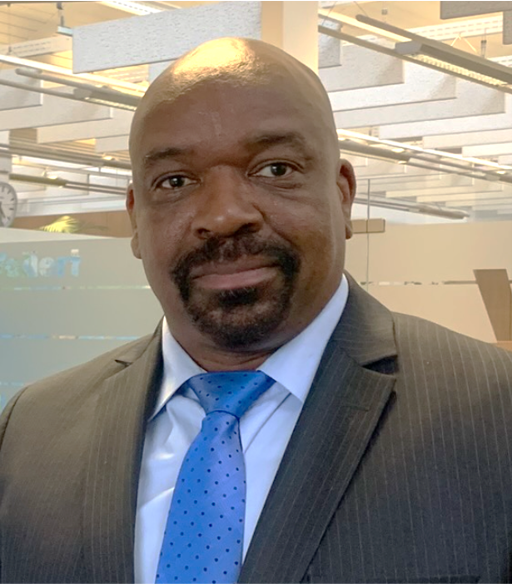Introduction
Housing remains a critical issue in Nigeria and West Africa, with millions of people lacking access to affordable and decent homes. The region faces a myriad of challenges ranging from high population growth to inadequate infrastructure, which exacerbate the housing deficit. This blog post delves into the core inefficiencies, challenges, and potential solutions to the housing crisis in this region.
Housing Inefficiencies
The housing sector in Nigeria and West Africa is plagued by several inefficiencies that hinder its development:
- Land Use and Documentation: The Land Use Act of 1978 in Nigeria places all land under government control, complicating land acquisition. The process of obtaining a Certificate of Occupancy (C of O) is cumbersome, deterring investors and developers from entering the market (Africa Housing News) (World Bank Blogs).
- High Cost of Building Materials: Most building materials are imported, leading to high costs that make housing unaffordable for low and middle-income earners. This results in incomplete structures and substandard housing (Africa Housing News).
- Lack of Infrastructure: Many regions lack basic infrastructure such as roads, water supply, electricity, and drainage systems. This absence of essential services hampers housing development and degrades living conditions (Africa Housing News).
Key Challenges
The housing crisis in Nigeria and West Africa is driven by multiple factors:
- Rapid Urbanization: The mass migration from rural to urban areas has led to overpopulated cities and the growth of slums. This urbanization outpaces the development of housing and infrastructure, resulting in severe congestion and inadequate living conditions (Housing Cable Nigeria) (Africa Housing News).
- Inefficient Mortgage Institutions: The mortgage sector is underdeveloped, providing limited support for housing finance. Existing mortgage institutions lack the capacity to meet the growing demand for affordable housing loans, making homeownership unattainable for many (Africa Housing News).
- Corruption and Policy Implementation: Government housing schemes are often marred by corruption and poor implementation. Despite numerous policies and interventions, the execution remains flawed, leading to subpar housing projects and unmet targets (Housing Cable Nigeria) (Africa Housing News).
- Economic Barriers: The economic challenges in the region, including high unemployment rates and inflation, further complicate the housing situation. Many citizens lack the financial means to afford decent housing, and the economic instability discourages investment in the housing sector (Housing Cable Nigeria).
Potential Solutions
Addressing the housing crisis in Nigeria and West Africa requires a multifaceted approach:
- Utilizing Local Materials: Encouraging the use of locally sourced materials can significantly reduce construction costs and dependence on imports. Research institutions should explore and promote alternative building materials that are affordable and sustainable (Africa Housing News).
- Improving Infrastructure: Investing in basic infrastructure such as roads, water supply, and electricity is crucial for supporting housing development. Better infrastructure can enhance living conditions and attract more investments into the housing sector (Africa Housing News).
- Streamlining Documentation Processes: Simplifying the process of obtaining land ownership documents can facilitate property development. Reducing bureaucratic red tape and ensuring transparent processes will encourage more developers to invest in housing projects (Africa Housing News).
- Expanding Mortgage Access: Strengthening mortgage institutions and creating more accessible housing finance options can enable more people to afford homes. This includes offering low-interest loans and flexible payment plans to cater to low and middle-income earners (Africa Housing News).
- Effective Urban Planning: Implementing comprehensive urban planning policies that address both urban and rural housing needs is essential. Proper planning can manage urban growth, prevent the development of slums, and ensure sustainable housing solutions (Africa Housing News).
Conclusion
The housing crisis in Nigeria and West Africa is a complex issue that requires concerted efforts from both the government and private sector. By addressing the inefficiencies and challenges and implementing the proposed solutions, the region can make significant strides towards reducing the housing deficit and improving the quality of life for its citizens.
Sources:
